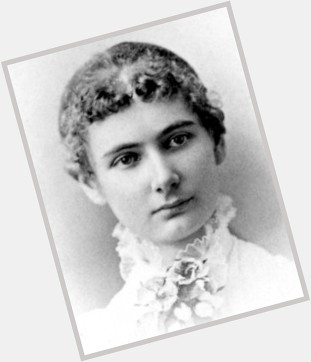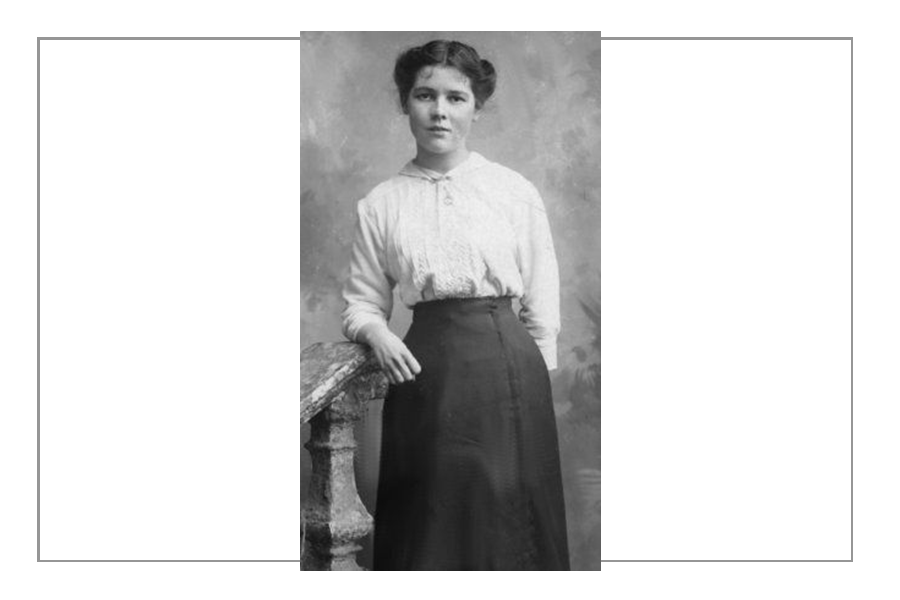

"The fascination of any search after truth lies not in the attainment, which at best is found to be very relative, but in the pursuit, where all the powers of the mind and character are brought into play and are absorbed by the task. She did not cook or iron but she was ambitious and independent. Geologists consider her to be the "first woman geologist in this country America." As well as being one of the first women to earn a master's degree in geology, she was known for her innovative findings in this field, and led the next generation of notable female geologists. She also became the first woman to work for the United States Geological Survey, in 1896. Particularly significant were Public Law 89-454, briefly the “Marine Resources and Engineering Development Act of 1966” and Public Law 89-688, briefly the “National Sea Grant College and Program Act of 1966.Florence Bascom (J– June 18, 1945) was the second woman to earn her Ph.D in geology in the United States, and the first woman to receive a Ph.D from Johns Hopkins University, which occurred in 1893. The founding of The Marine Science Consortium closely followed the passage of major federal legislation regarding science, education, health and the environment, and, specifically, marine science, marine industries, and marine technology. The solution to the practical challenges included the formation of an independent non-profit organization to circumvent funding regulations and of a consortium to distribute costs, the pursuit of federal research grant monies, of support relationships with federal agencies, of research opportunities with for-profit as well as non-profit and government agencies. Henderson and Oostdam's contention that college-level oceanography should be a “field science”, not merely a theoretical program or one with limited modeling of field experience, produced certain practical challenges, especially relative to Millersville's distance from marine environments and the expense of the tools required in marine research. How oceanography should be taught from inland schools was another major question. Among the theoretical challenges were questions about the place of oceanography in college curricula, especially whether oceanography was an advanced study appropriate only to upper-level students. The programs of The Marine Science Consortium presented challenges both theoretical and practical.

Oostdam to design and implement a program suggested by that exploration Oostdam's background and personality defined the character of the resulting educational program.

Initially, the Science Department Chair, Alex Henderson, directed the exploration of possible delivery systems for marine science. The Marine Science Consortium, founded in 1968 and now physically located in Wallops Island, Virginia, began with brainstorming sessions in the Science Department of Millersville State College in the early 1960s.


 0 kommentar(er)
0 kommentar(er)
